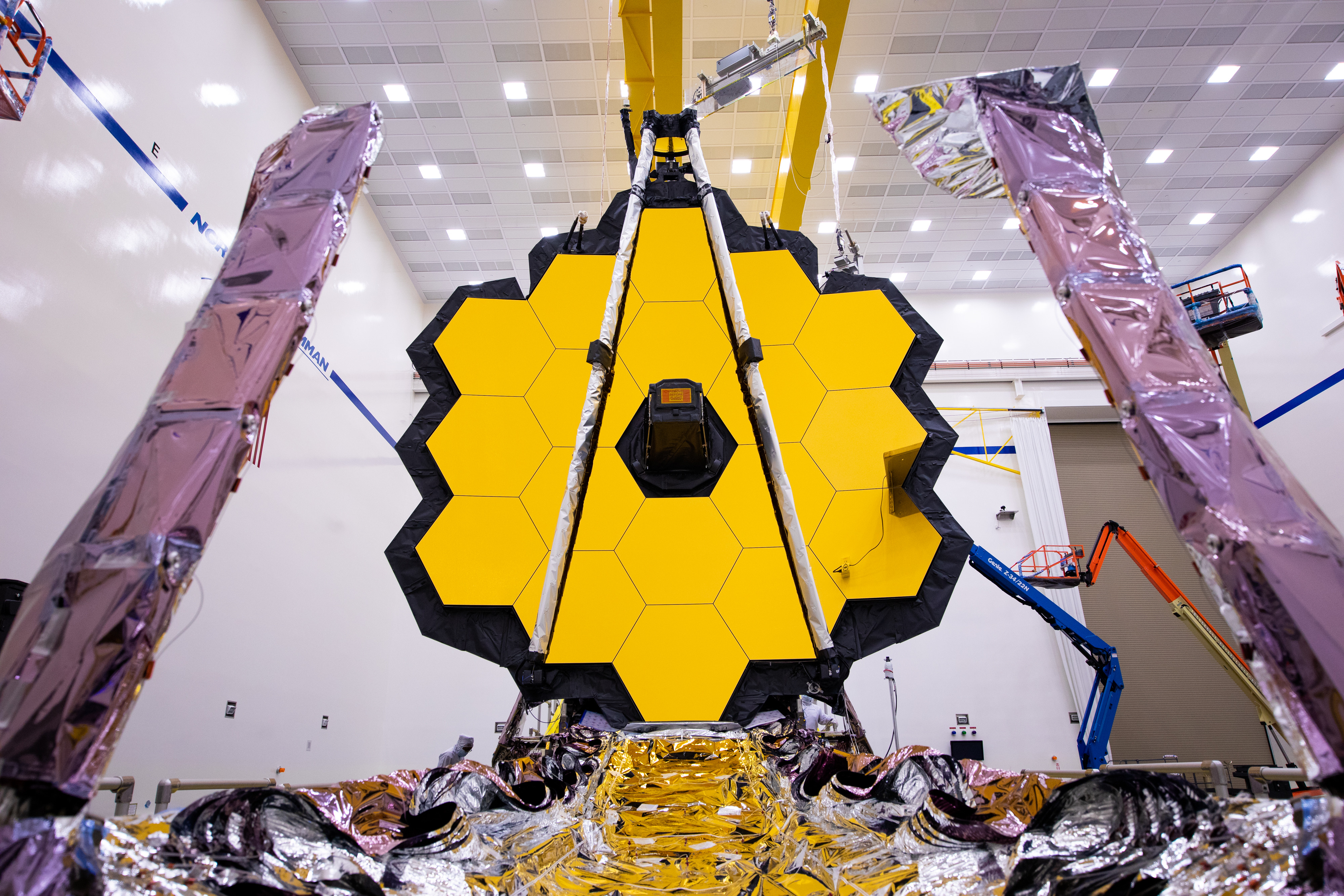
Register now for the in-person Nebraska Physics and Astronomy Fall Summit and biannual meeting of the Nebraska Chapter of the American Association of Physics Teachers, at this link: https://forms.gle/YuyXEgRzQTmYn2fN6
The Summit will be held Saturday, Oct. 16, in Jorgensen Hall on the UNL City Campus from 8:30 a.m. to 4:30 p.m.
We will be joined by two keynote speakers, one from Pivot Interactives and the other from NASA’s James Webb Space Telescope team:
Matt Vonk, University of Wisconsin–River Falls and Pivot Interactives
“Harnessing the Power of the Cloud to Make Teaching Better and More Efficient”
The power and ease of cloud computing is changing how scientists do science. It should also be changing the way students learn science. Whether it is the logistics of assigning tasks for students and providing feedback, the way that students collaborate synchronously and asynchronously, the location where data from experiments is stored, how students access simulations, or how work can be individualized for different students, nearly every step in the learning process can benefit from the affordances of the cloud. This talk will highlight how the confluence of new technologies, including Bluetooth sensors, customizable simulations from PhET, and the Pivot Interactives science platform integrate with the cloud to produce something new and special.
Yoni Brande, University of Kansas
“Exoplanet Science with the James Webb Space Telescope”
Exoplanet science is one of the most exciting applications of the James Webb Space Telescope’s unique abilities. Nearly a quarter of all the time spent in JWST’s first year of operation will be used to study planets around other stars, discovering new exoplanets, searching for their atmospheres, mapping their surfaces, and imaging them directly. Many of these programs will be conducting observations never made before, and these will form the basis for future work with the observatory as well. JWST will give us our best chance yet at finding traces of life on planets around other stars, and the basic science needed to do these investigations is accessible to everyone. I will give a quick overview of JWST, exoplanets, the techniques we use to study them, and what we hope to learn in the first year of JWST operations.
Also, there will be more than 15 breakout sessions throughout the day!
In addition, Yoni Brande will be presenting the public Ruckman Lecture, “The Invisible Sky with JWST,” on Friday, Oct. 15, at 7 p.m. This presentation will be streamed live on Zoom from the Union Auditorium at this Webinar link: https://unl.zoom.us/s/95664497439
Brande’s Friday abstract is as follows: The James Webb Space Telescope, launching Fall 2021, will revolutionize astrophysics as we know it. 100 times more powerful than Hubble, JWST will allow us to investigate the birth of the universe and search for the building blocks of life on alien planets, all in the infrared, a band of light totally invisible to the human eye. Much of the infrared is not visible from Earth-based observatories or space with Hubble, giving JWST unique abilities to do this groundbreaking science. For the last 30 years, Hubble has inspired a generation of Americans and others around the world with stunning images of the cosmos. JWST will continue this legacy for the next generation.
All attendees must wear a mask indoors and UNL faculty, staff and students must have a valid building access-granted code on their Safer Community app.
Sponsored by:
UNL Center for Science, Mathematics and Computer Education
UNL Department of Physics & Astronomy
NebraskaSCIENCE Program of Excellence
NASA Nebraska Space Grant
AAPT Nebraska Chapter